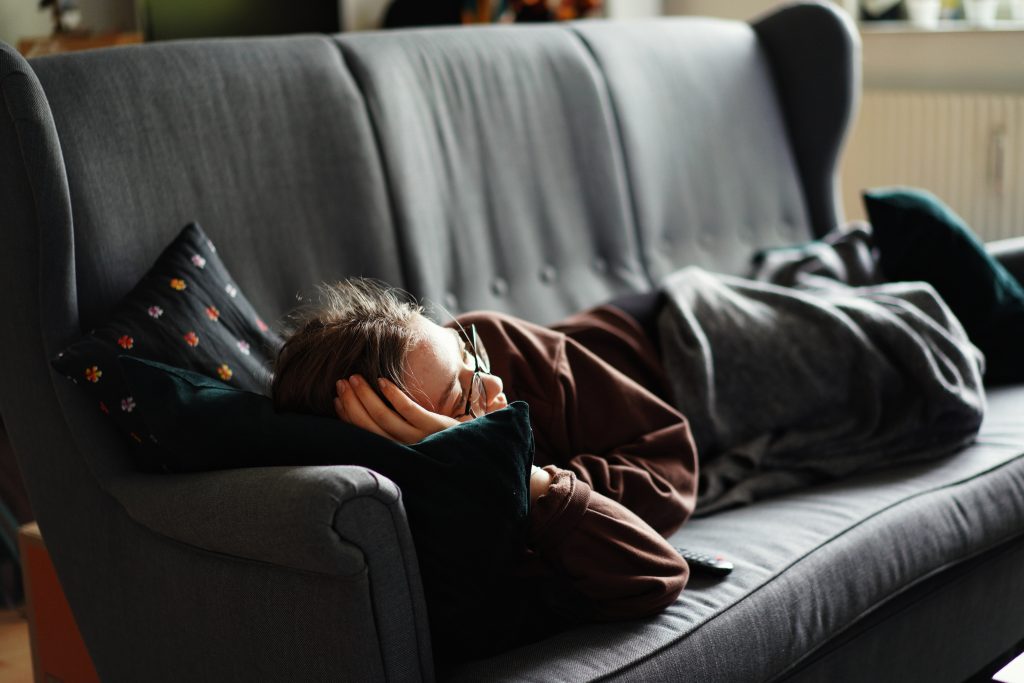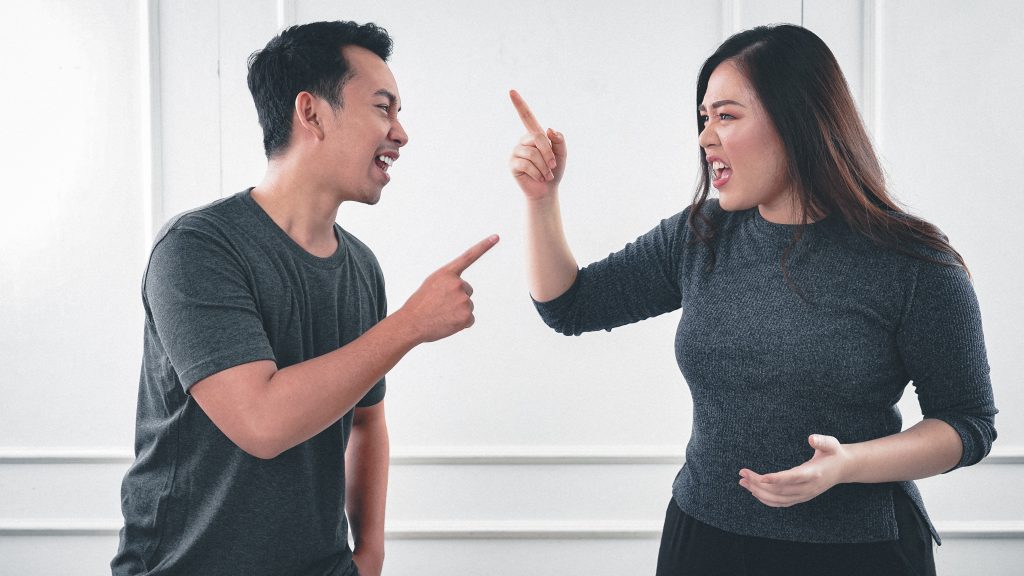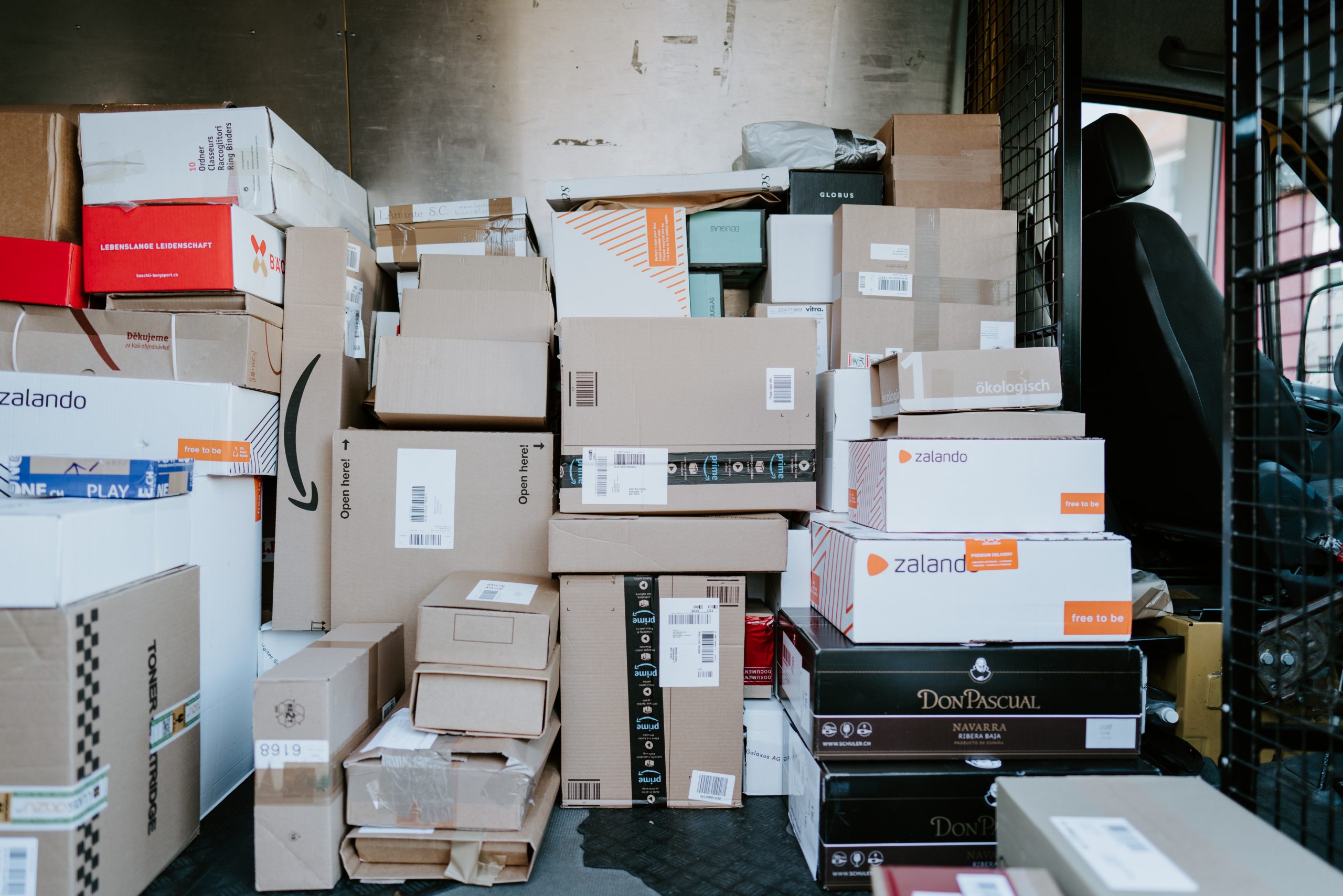There have long been negatives attitudes towards reality tv. It’s considered ‘low-brow’ and ‘trashy’, often referred to as a ‘guilty-pleasure’. These judgements, both of the shows and the people who enjoy them, are often unfair. However, there are some damaging aspects to reality television. These are only exacerbated when combined with social media platforms. The issues affect not only the fans of reality tv shows, but also the stars themselves, who can face a pretty rough time in the spotlight.
Social Media and Reality TV give each other Popularity Power-Ups
As soon as it was clear the whole world was buying into social media, reality tv shows began using features of it to add a new dimension to the viewing experience. They introduced official twitter hashtags to encourage online discussion; online polls to pick favourite/least favourite contestants, the results of which can have effects in-show; exclusive footage that can only be seen on their social media pages; and much more. They encourage viewers to spend more time online, and encourage people who find that content online to become new viewers.
Online content also gives fans the ability to stay with their beloved participants for longer. Instead of just weekly check-ins with them, bonus material online lets you be in constant contact with them. Even after the show is over you can continue to follow, interact with and receive content from your favourite stars. They can massively increase exposure.
The stars themselves are also crossing the boundaries between social media and television. TV shows are casting influencers, because they bring their pre-existing fans with them to be viewers. In reverse, reality tv show contestants and participants get a fame jump-start on television, and can continue their careers as social-media celebrities. The entire system is a push and pull from one platform to another.

What’s the effect on those who consume it?
Young people have always been big consumers of reality television, even if they’re not the main target demographic. In my day as a reality tv watching ‘tween’, shows like Big Brother and The Jersey Shore were essential viewing. But shows like this don’t show people on their best behaviour. Back then though, our only access was through the tv, maybe magazines. Now, we can watch a juicy spat whenever, wherever, over and over: dissected and meme-ed to death. But is exposing people to this when they’re at their most easily influenced wise? Are reality stars screaming at each other something we want replicated? Obviously they stage these scenes for entertainment purposes, but they still present them as reality to the audience. Health experts have warned that showing drinking and smoking on reality tv encourages their uptake in underage people. Could the influence stretch to other damaging behaviours?
Social Media obviously has negative effects on people’s body image, and reality tv has the same problem. Reality television has managed to give platforms who otherwise wouldn’t have been heard, especially those from working class backgrounds. However the problem persists that the majority of people cast in reality tv shows conform to ideal beauty standards. And if they don’t conform, or allow their appearances to become, god forbid, less than perfect, the tabloids and internet tear them to shreds. Again we run in to the issue of reality tv presenting itself as true to life (just as social media does) but is a dramatised, airbrushed version of it.

The Stars have it rough too…
Reality tv stars have always had it tough outside of the shows they’re on, with tabloids and magazines picking apart their lives to maximise sales. But now, social media exposes them much more to online criticism and trolling. Attacks come in far greater numbers, across many more platforms. A few magazines are easier to avoid than the whole internet screaming at you, and the infrastructure isn’t in place on social media to protect people. As with any online harassment, this can have tragic consequences. Reality tv manufactures conflict, making regular people in to villains, who are then targeted online when they leave the show. And, for example, with shows like Terrace House (Japan) or Love Island (UK), this has directly resulted in the deaths of cast members. But this fake ‘drama’ is what keeps people watching, so producers set aside people’s welfare to increase views.
Can the industry improve?
The industry is attempting to improve conditions for those involved in their reality tv programs, such as increased mental health ‘aftercare’. But the consumers will have to be the ones to push for real change. After a violent incident on Love Island last year, Ofcom (the broadcasting authority in the UK) received a record number of complaints from the public. This suggests that perhaps viewers’ tastes for drama and outrageous behaviour is waning. Preferences for ‘gentler’ reality tv are taking over (no one can deny the vast popularity of baking competition shows.)
To the public, it’s been a given for a long time that a lot of what we see on reality television is fabricated. If we can, as a group, come to that same realisation with social media, maybe its hold over us can loosen a little, and we can rejoin the real world (and I don’t mean the reality tv show The Real World on MTV).


